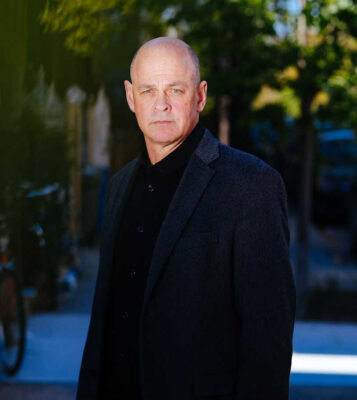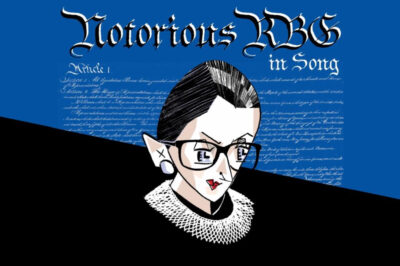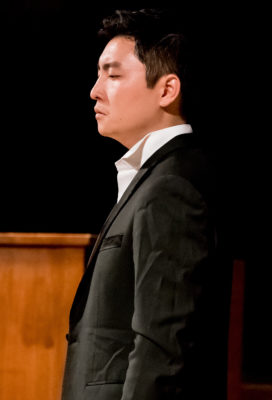
At Athlone Artists, exceptional artistry and individuality are not only fostered but celebrated.
Fueled by their unique life journeys, each of our artists brings an inimitable voice to
the concert and
operatic stages.
Artist News

Beyond the Bio:Athlone Artists Welcomes Soprano Kara Goodrich
“Flawless in voice and easy to enjoy is Kara Goodrich as Pamina. Her voice glides and lifts the listener, fills the theater and patrons look forward to having her on

Beyond the Bio: Tenor Victor Cardamone
“Tenor Victor Cardamone as Prince Tamino presented a gorgeous and sizable high lyric tenor, singing with a penetrating heroic quality and chiaroscuro that bodes well for his future success. He

Beyond the Bio: Conductor Yabetza Vivas Irizarry
“From the first notes and chords, the clarity in the direction of Vivas Irizarry and the response of the musicians filled with charm the Pablo Casals Hall, of the Santurce















